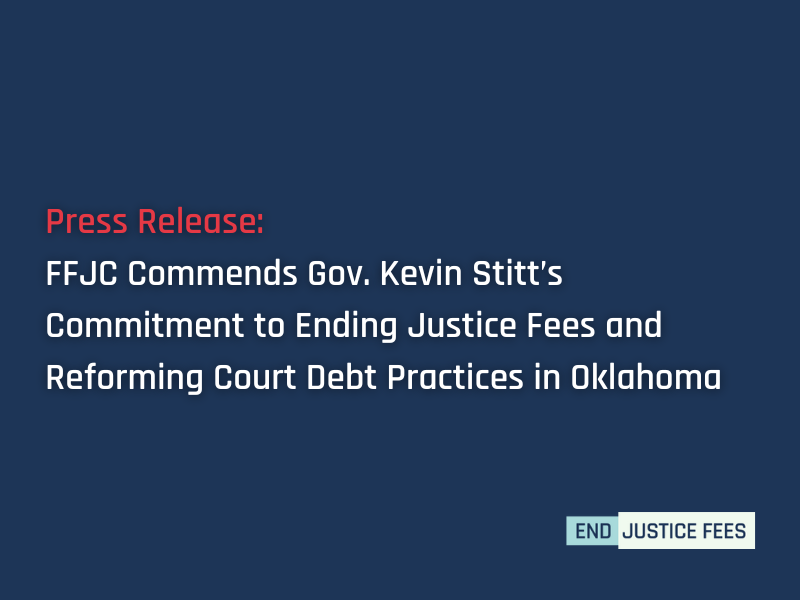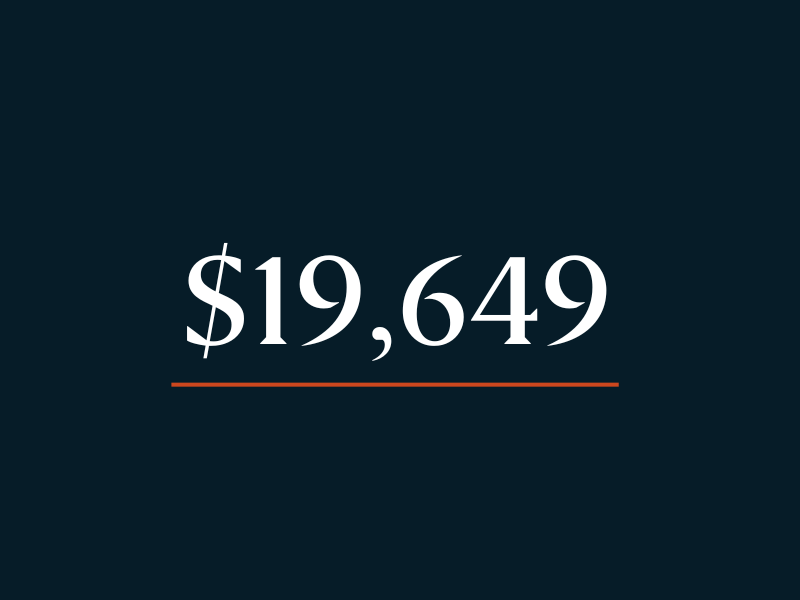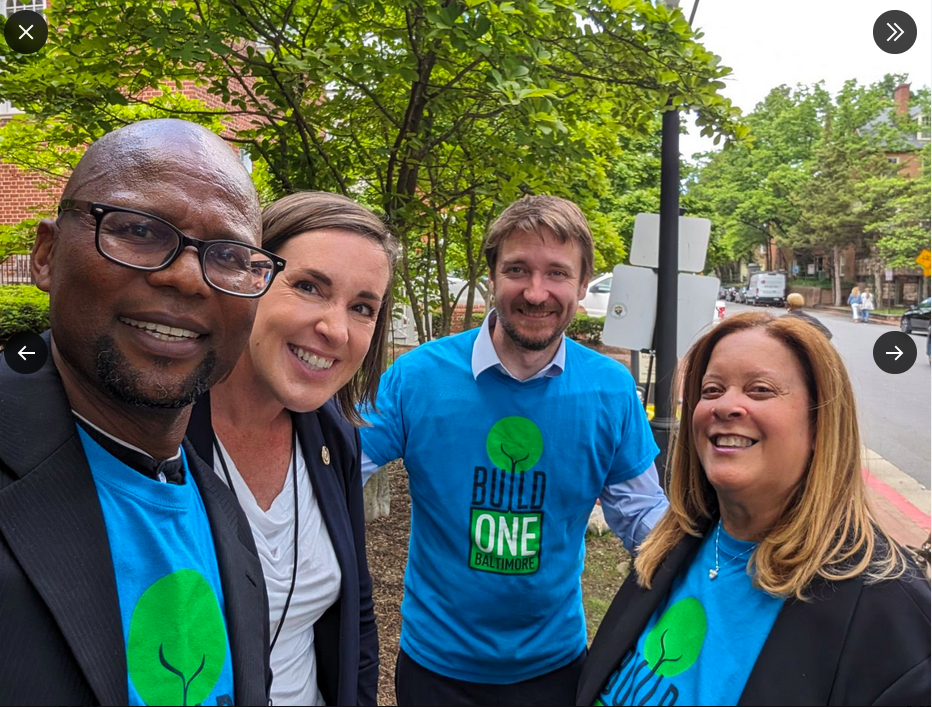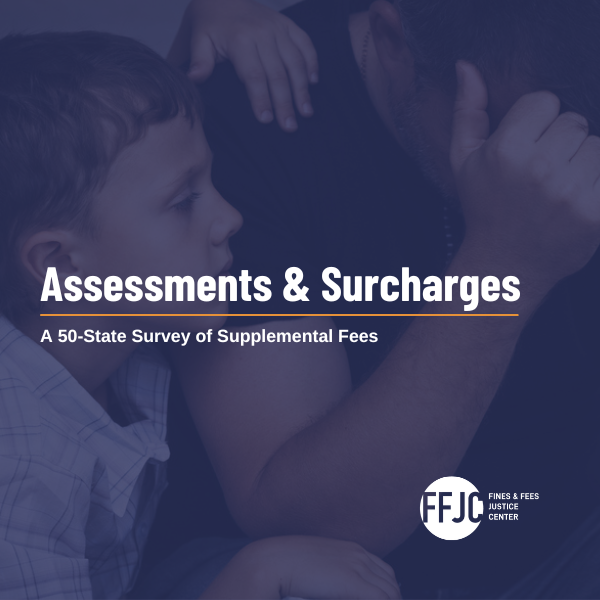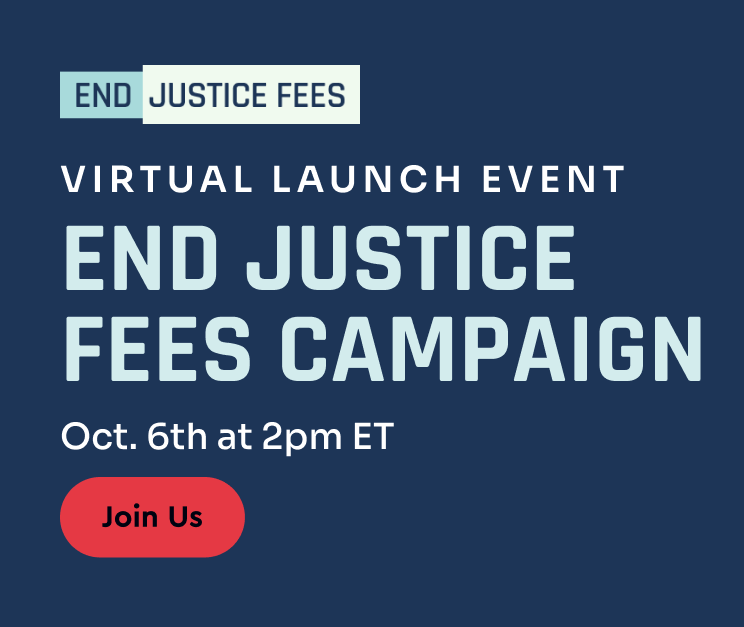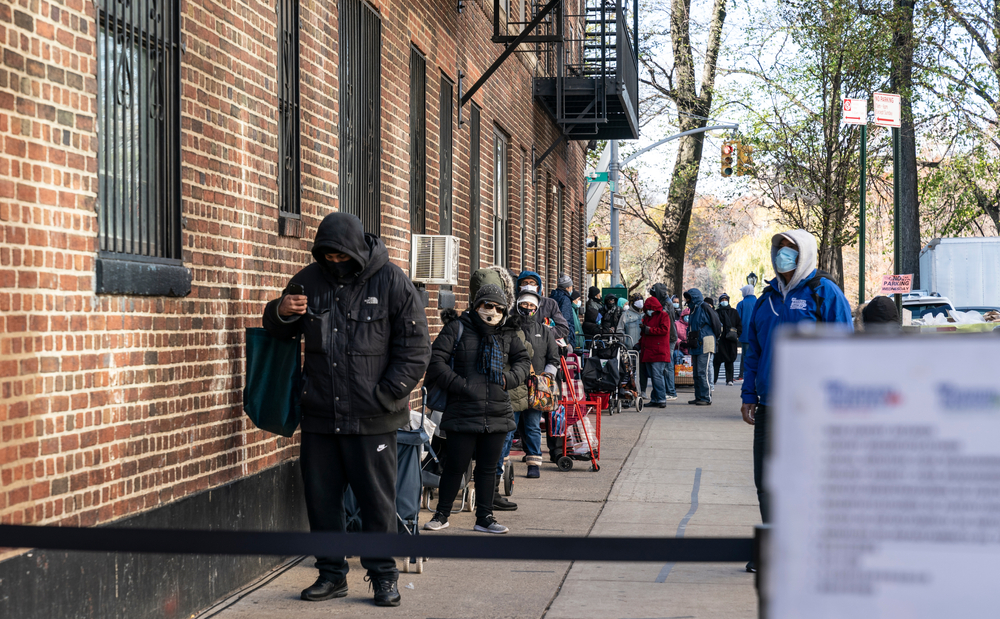By: Nick Shepack
Here in Nevada, we do things a little differently. Our legislative session lasts 120 days, and takes place every odd year. And as much as our people enjoy being quirky outliers, a short legislative session means we have an extremely limited window to advocate for the changes we so desperately need in our justice system.
And yet, in spite of this relatively small window of opportunity, FFJC Nevada together with our key partners across the state were able to successfully pass significant fine and fee reform in the 2023 legislative session with bipartisan support from the Democratic controlled legislature and newly elected Republican governor. We also thwarted efforts to impose new fees in the criminal legal system and set the groundwork for future misdemeanor reform. Here’s a recap of what happened:
PASSED — SB416: Ending the High Costs of Incarceration
Together with our partners at Return Strong!, a nonprofit that works with currently, and formerly, incarcerated individuals and their families, we pushed a bold agenda to reform Nevada’s prison financial system or what we call “the cost of incarceration”. Our research found that Nevada is one of the most expensive places in the country to be incarcerated and these costs fall squarely on the loved ones of those who are incarcerated in the state. These costs function as backdoor taxes, filling the coffers of the Nevada Department of Corrections (NDOC) and paying the salaries of state employees and funding other essential government services. The burden of paying these costs has a disparate impact on women, especially women of color and those with limited financial resources. In order to address this issue we drafted, presented and passed SB416.
The version of SB416 that was introduced at the start of the legislative session was a comprehensive overhaul of NDOC’s financial practices. Decades of improper funding of the department resulted in a corrections budget that was overly dependent on fees charged to incarcerated individuals for everything from medical care to commissary items. In order to ensure bipartisan support and work within the financial constraints of Nevada’s budget we worked with elected officials and advocates to amend the bill to address some of the most egregious costs of incarceration.
The version of SB416 that was signed by the Governor and became law included the following reforms:
- Elimination of “Room and Board” Fees. Prior to the passage of SB416 it was NDOC policy to garnish 25% of all wages earned by incarcerated individuals for “room and board” despite the fact that these wages could be as low as 60 cents an hour, or 8 dollars a month. Getting a job while incarcerated is not easy and yet those who were able to obtain a job were being unduly punished. Ending this fee will greatly increase pay for those who work while incarcerated and help alleviate the burden on their family members.
- Elimination of medical co-pays. Nevada had the second highest medical co-pay in the country for incarcerated individuals. While technically higher, Texas has many exemptions and an annual cap on medical co-pays. These high co-pays deter people from seeking medical care resulting in exacerbated health conditions that end up costing both the incarcerated person and the taxpayer much more than if they had received preventive care or early treatment. Nevada will join 11 other states in not charging any medical co-pay to people incarcerated in the state prison system. This reform will increase health in our prisons while helping to preserve limited financial resources.
- Elimination of commissary mark-ups on hygiene items. We found that commissary items were marked-up over 66% by NDOC resulting in extremely high cost for necessary items such as menstrual products, shampoo and toothpaste. After bringing this fact to the attention of legislators NDOC removed all mark-ups on hygiene items saving families money and increasing access to these necessary items. SB416 codified this policy in law and ensures that a change in leadership at the department does not result in price hikes for these itemsWhile there is still a lot of work to be done to address the high cost of incarceration, with these reforms we have reduced the financial burdens associated with incarceration, shifted funding of NDOC back to the general fund and increased access to both health care and essential items.
While there is still a lot of work to be done to address the high cost of incarceration, with these reforms we have reduced the financial burdens associated with incarceration, shifted funding of NDOC back to the general fund and increased access to both health care and essential items.
PASSED — SB103: Reforming Nevada’s Misdemeanor System
While misdemeanors make up over 66% of all criminal charges in the state, very little is known about their impact on the public or the state as a whole. As we conducted research on the misdemeanor system it quickly became apparent that data was difficult to impossible obtain and that there is no comprehensive understanding of this vast system. SB103 requires the first ever comprehensive study of the state’s misdemeanor system.
Partnering with the Nevada Department of Sentencing Policy we crafted legislation that requires the Nevada Sentencing Commission to establish a subcommittee to study and report on misdemeanors. This subcommittee with the support of the staff of Nevada Department of Sentencing Policy will systematically collect data and information from courts, police departments and other criminal justice stakeholders allowing Nevada to see a complete picture of this massive system for the first time. The information collected by the subcommittee will allow us to make data driven recommendations to state and local governments regarding reform in the misdemeanor system. This is the first time in the state’s history that this rarely discussed part of the criminal legal system will be brought to light.
What we do know: about misdemeanors is that they have a disproportionate negative impact on poor communities and communities of color. These low level offenses often result in high fines and fees and a cycle of debt and incarceration for our most vulnerable citizens. Due to the misconception that the collateral consequences of misdemeanors have little impact this system rarely receives the scrutiny it deserves. This comprehensive review of the misdemeanor system is a major step in ensuring that we have a justice system that is equitable and fair.
More wins for fines and fees reform this session:
- AB275 Free Record sealing for victims of sex trafficking. FFJC helped write, present and pass legislation that ends record sealing fees for victims of sex trafficking. Allowing them to seal records containing charges that occurred while they were being trafficked at no cost. While many people have the right to seal their criminal records, the high costs associated with record sealing often result in many not taking advantage of this right.
- SB105 Public oversight of NDOC’s finances. We moved legislation that subjects NDOC to the public oversight of their financial practices. This will ensure that impacted individuals and advocates have an opportunity to weigh in on policies that impact the cost of incarceration.
- SB55 tried to impose new fees in the criminal legal system. These fees would have made it cost prohibitive for people to access court documents, criminal histories and other public records. We successfully had these fees removed from this legislation ensuring that a person’s income is not a barrier to accessing these documents.
Overall, it was a successful legislative session that moved Nevada in the right direction on fines and fees. We moved the needle on the cost of incarceration, moved the state closer to understanding the largest part of the criminal justice system and increased access to justice by eliminating cost barriers. We will be monitoring the implementation of those pieces of legislation and its impact on the public. We look forward to continuing our work on both misdemeanors and the cost of incarceration, stay tuned.


